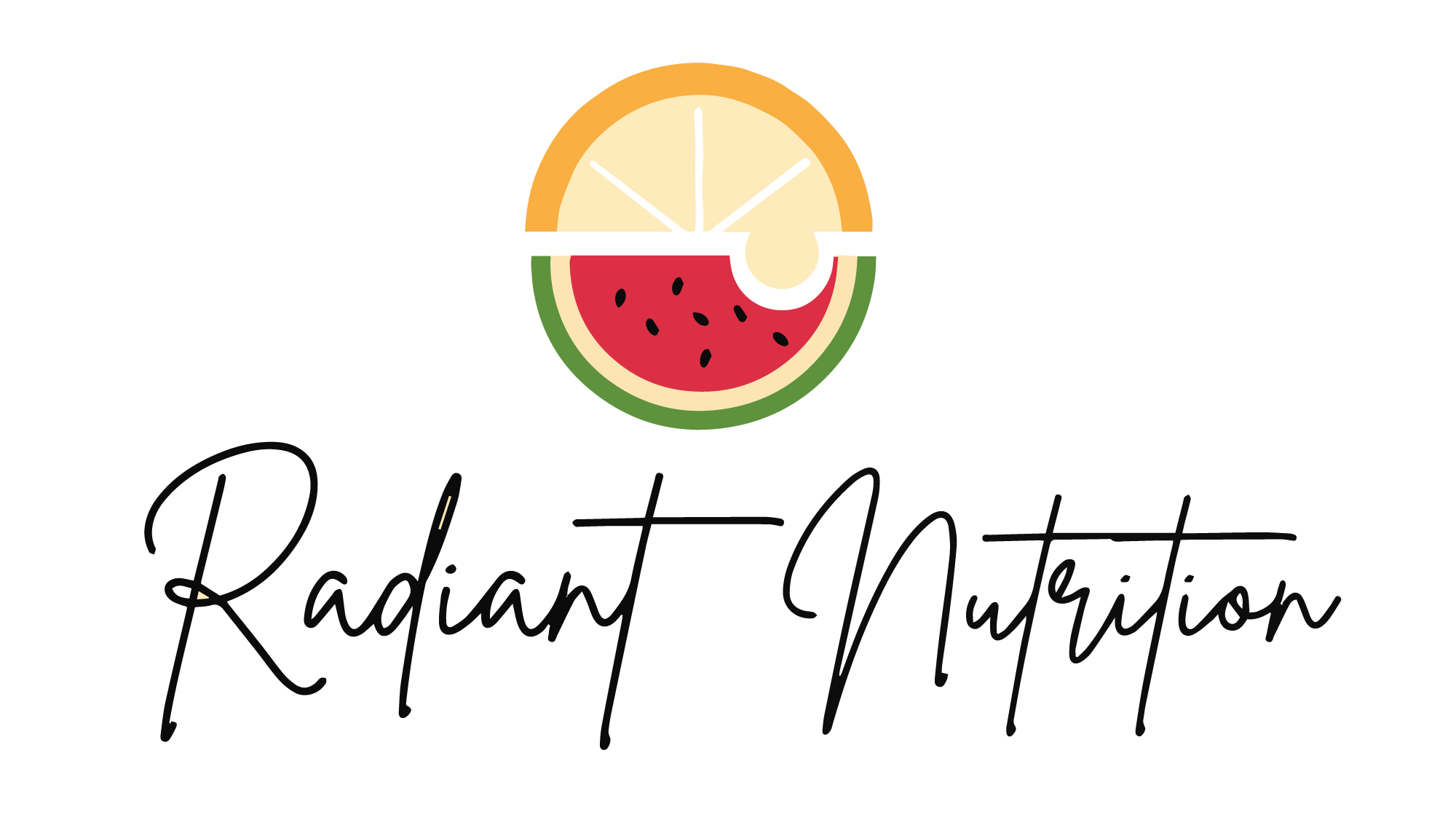Taking a Trip Down Memory Lane? Read this!
Those little Google Photos or iCloud photo memories are so fun, right? An old Facebook post resurfacing can bring you some joy on a tough day, can’t it? Sometimes, it can. However, old photos can be triggering if you struggle with body dysmorphia, disordered eating, etc. You may begin to compare yourself and either say “I WISH I still looked like that” or “I never want to look like THAT again.” Because everything is digital now, it can be difficult to avoid these memories, and if you are in recovery, it can be hard to not go down a rabbit hole on your camera roll. Here are a few things to remember when you are struggling to see yourself in old pictures (or current ones!):
Your body is meant to change, no matter what stage of life you are in. We are told all the time that our bodies stop growing at age 18 or 19, but that is not true! We are always changing and growing and that can look different on everyone.
Camera angles and lighting play a huge role in how our bodies are perceived online. For better or for worse, we do not have a professional photographer on hand every time a picture is taken. More often than not, we look a lot different than what the picture shows.
Pictures are taken to remember a moment, not what you looked like in the moment. While some pictures are taken to show off a cute outfit or hairstyle, most of the time they are taken to commemorate time spent with family or friends, a beautiful place you visited, or a special accomplishment.
Try to remember other things about that photo besides what you looked like. For example, if you went on a trip to a national park and have a picture there, try to remember what else you did that day, the beautiful view, the weather, your shoes, your favorite part of the trip, etc.
Our bodies are made for us to experience life! When we fuel them, we can make great memories, no matter what size jeans we wear or what the number on the scale says.
Reach out if you are struggling with body image, eating, or have an unhealthy relationship with food. We can help!
Written by Trinny Duncan, Student Intern and Peggy Pratt, PhD, RDN, LDN, CEDS-C

